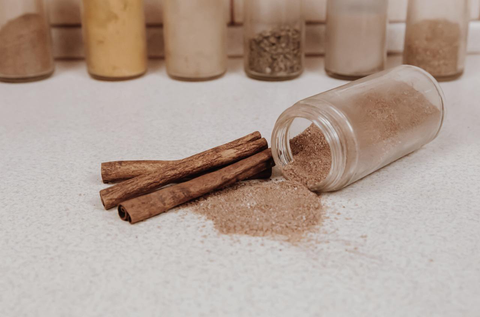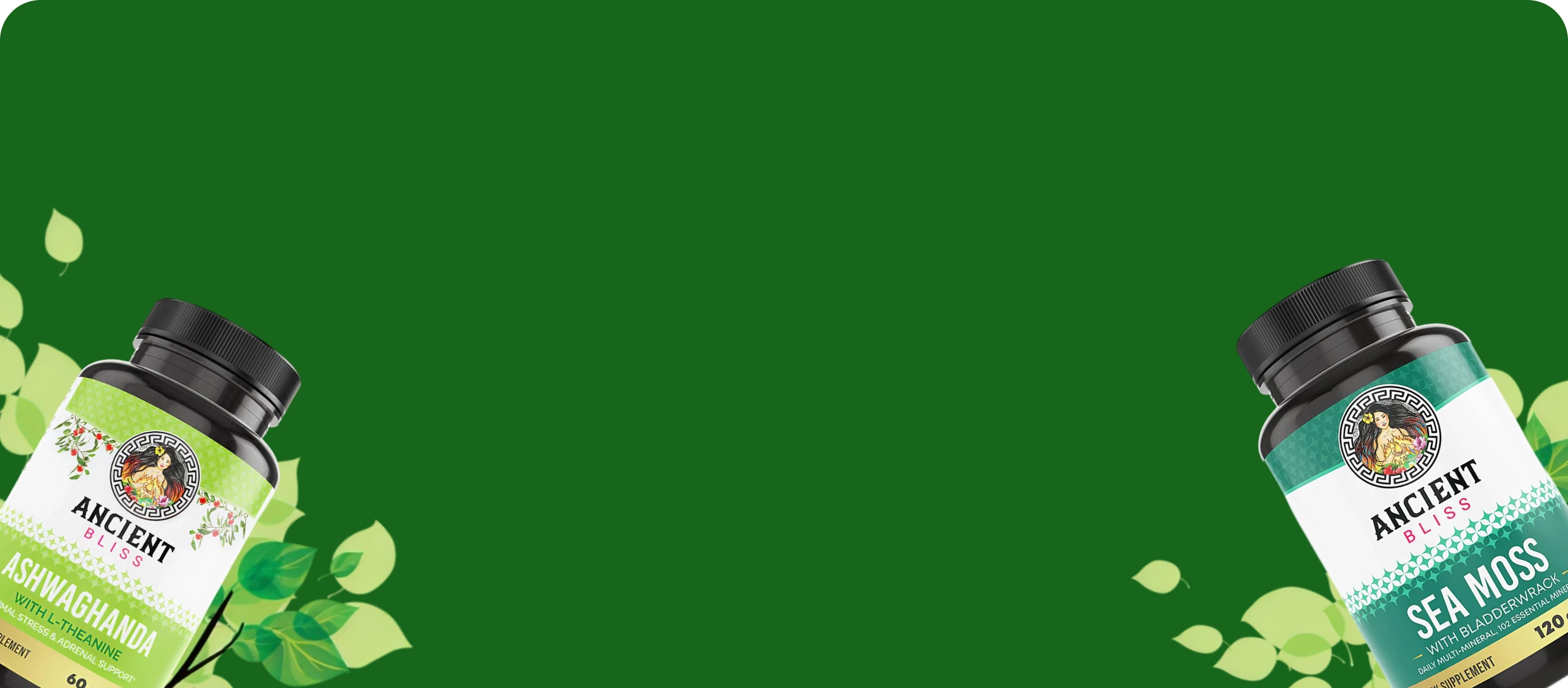Since the recent pandemic emerged, most people have been trapped inside their houses. Their physical activities have been reduced, and it created the worst impact on their health.
People gain weight which leads to higher blood sugar levels and high cholesterol issues. The rise in blood sugar levels may lead to damaging your organs over time. This is known as diabetic nephropathy.
So if you are a person who has high blood sugar, you must be concerned about your health as it can damage your organs. We are here to suggest the best treatments to keep your health good. Have you heard about Cinnamon?
What is Cinnamon?
Cinnamon is a type of spice derived from the bark of an evergreen tree. The spice is made by peeling away the outer layers of the bark and then grinding the inner wood to a powder. It has a sweet, woodsy flavor and a warm, spicy aroma.
Cinnamon is commonly used in sweet dishes, such as pies, cookies, and cakes. It is also used in savory dishes, such as curries and stews.
In addition to Cinnamon’s culinary uses, it has a long history of medicinal use. It is thought to help regulate blood sugar levels and improve circulation.
Types of Cinnamon
There are two main types of Cinnamon: Ceylon and cassia. Let’s know a little about both types further.
1. Ceylon Cinnamon
Ceylon cinnamon, or true Cinnamon, is the most popular type of Cinnamon. Ceylon cinnamon is light in color with a sweeter, more delicate flavor than cassia cinnamon. Cassia cinnamon has a dark color and a more intense, spicy flavor.
Ceylon cinnamon is also the healthiest kind of Cinnamon, as it is low in calories and high in antioxidants. Plus, it has anti-inflammatory properties, which can help reduce inflammation throughout the body. If you’re looking for a delicious and healthy way to add some spice to your cooking, give Ceylon cinnamon a try!
2. Cassia cinnamon
Also known as Regular Cinnamon is another type of Cinnamon. It has a strong flavor, and people often use it in flavoring drinks. Cassia cinnamon is also high in antioxidants, which can help protect your body against disease.
Ceylon vs. Cassia: Which Cinnamon has more health benefits?
Ceylon cinnamon is thought to have health benefits that cassia does not. Ceylon cinnamon may help control blood sugar and has anti-inflammatory properties.
Cassia can also cause liver damage in high doses. If you are looking for Cinnamon with health benefits, Ceylon is the better choice.
However, if you are looking for Cinnamon with a stronger flavor, cassia is a better choice. Cassia is also cheaper than Ceylon cinnamon.
If you are not sure which Cinnamon type to choose, it is best to start with cassia and then move on to Ceylon if you want a more delicate flavor.
Health Benefits of Cinnamon
Cinnamon has been traditionally used to improve blood sugar control and insulin sensitivity, and there is now a large body of evidence from human clinical trials to support this use.
Cinnamaldehyde is a potent activator of the insulin receptor. It can mimic the action of insulin in cells by switching on a set of genes called hepatic gluconeogenesis and in fat cells through the release of adiponectin.
The liver is one of the key sites where changes in blood sugar levels are detected and adjustments made to maintain balance. When we eat carbohydrates, our digestive system breaks them down into simple sugars that enter the bloodstream. The liver then detects rising blood sugar levels and responds by secreting insulin, a hormone that helps clear the blood sugar.
Insulin also signals cells throughout the body to take up glucose from the bloodstream and use it for providing energy or storing it as glycogen or fat. When blood sugar levels are too high, as in people with diabetes, the body becomes less responsive to insulin, and blood sugar levels can become uncontrolled.
Cinnamon has been shown to help improve blood sugar control in people with type 2 diabetes. It activates the insulin receptor and increases glucose uptake into cells. It also helps to blunt the post-meal rise in blood sugar levels, hopefully reducing the need for excess insulin production and suppressing appetite.
Cinnamaldehyde also has pleiotropic effects on other molecules in the body, making it a promising therapeutic candidate against Alzheimer’s disease. It can switch on genes that produce antioxidants that protect cells from damage by free radicals and switch off genes linked to neurodegenerative disorders and cancer.
The level of cinnamaldehyde in Cinnamon is too low to have any effect when taken as a supplement or medicine, so the health benefits of Cinnamon only come from consuming whole sticks or ground powder.
Conclusion
Cinnamon has been used as a medicine, food flavoring, and preservative for thousands of years.
Cinnamon is high in antioxidants, which scavenge harmful toxins and byproducts that can damage cells. This may help to protect against inflammation, heart disease, and type 2 diabetes.
In addition to being a potent antioxidant, Cinnamon is also anti-microbial in nature. Due to its strong antifungal properties, Cinnamon may help people with diabetes control blood sugar levels after meals.
Frequently Asked Questions
Q. Does cinnamon burn belly fat?
Ans. There are some surveys conducted about the fat loose properties of Cinnamon, and studies show that people who take 1 gram (1/4 teaspoon) of Cinnamon twice daily lose more weight than those following the same diet plan without this common kitchen spice.
Q. Is it good to drink Cinnamon every day?
Ans. Excess of everything is bad. But yes, making Cinnamon an important part of your daily diet has so many proven benefits for your health.


![]()
![]()
![]()





